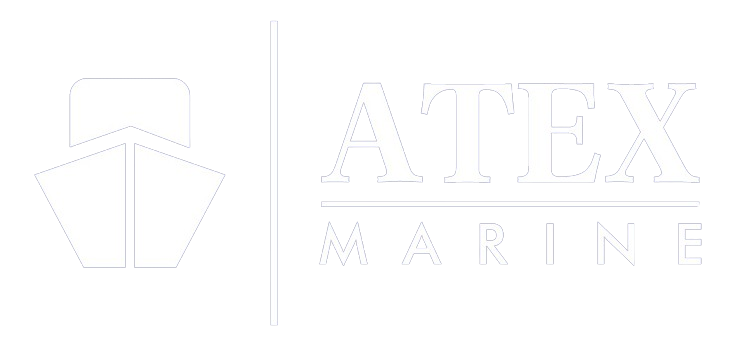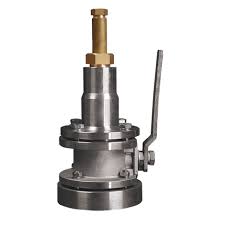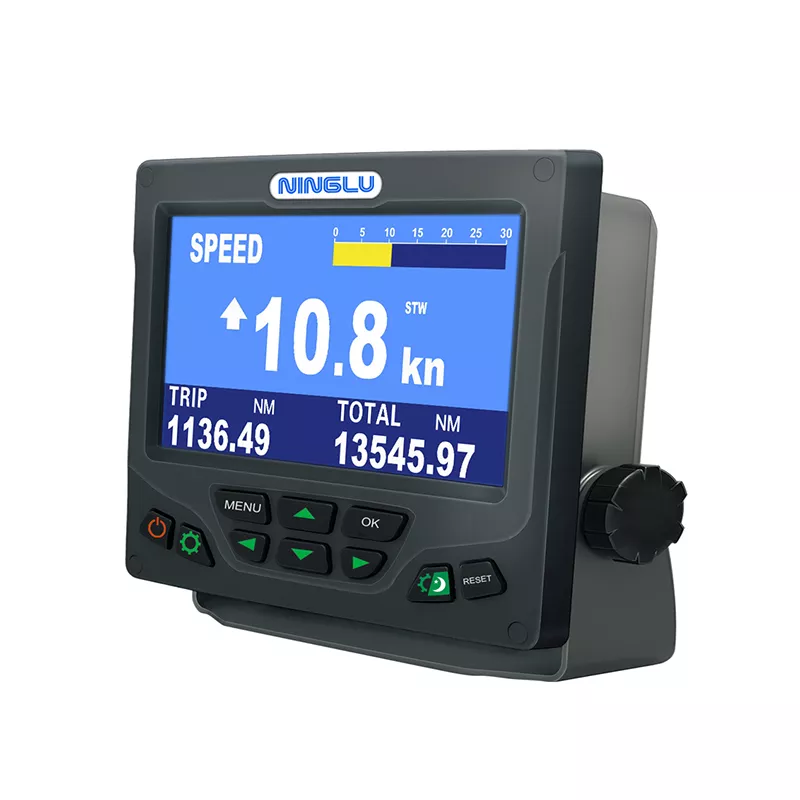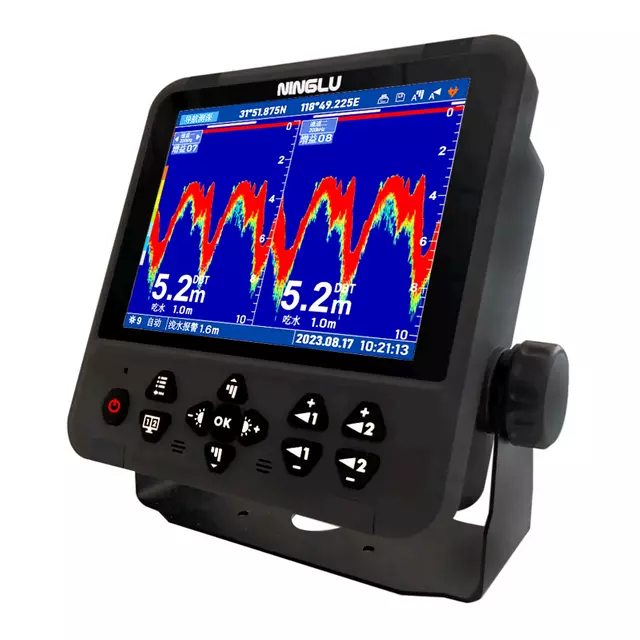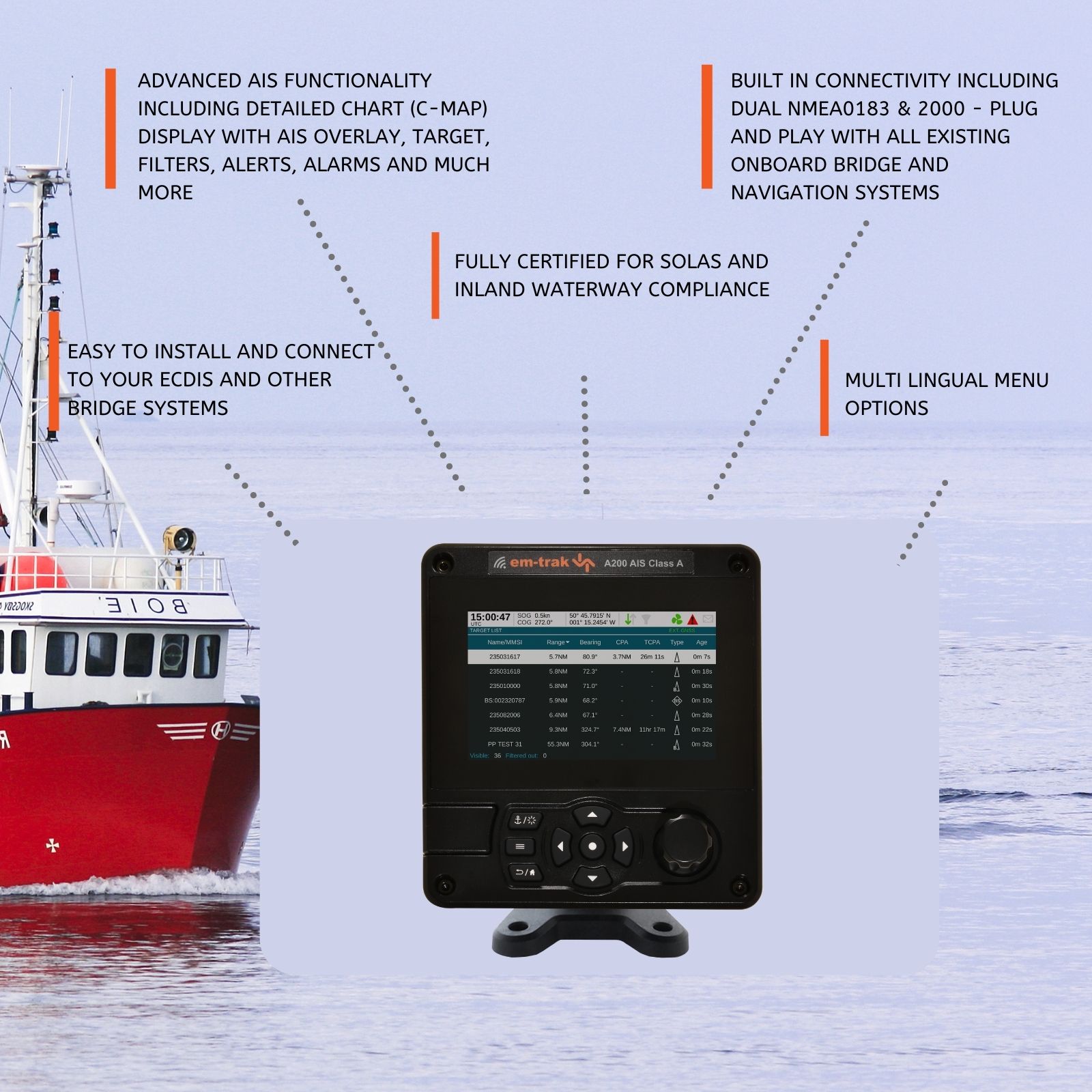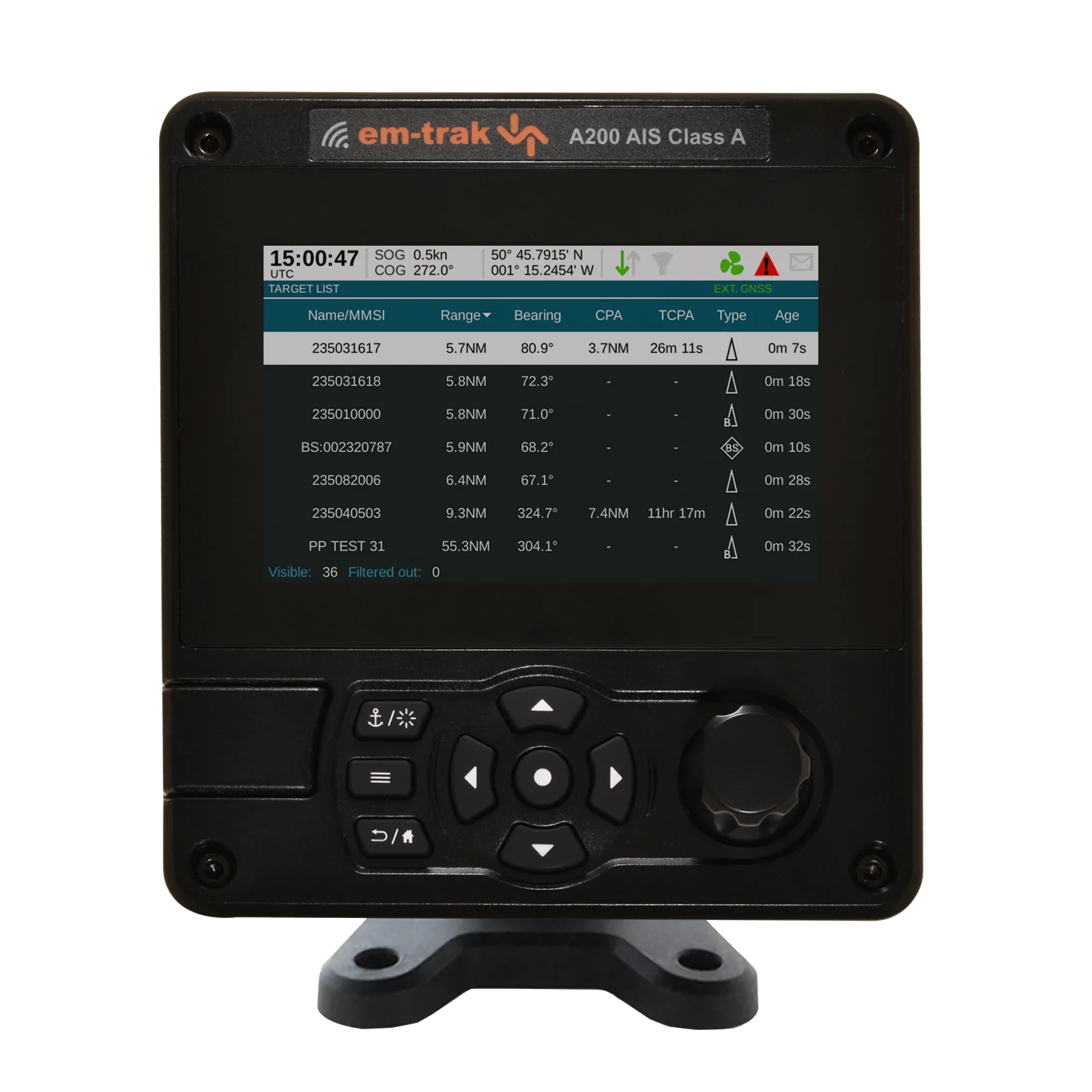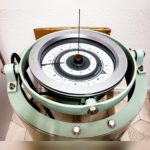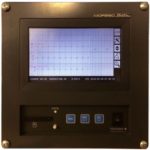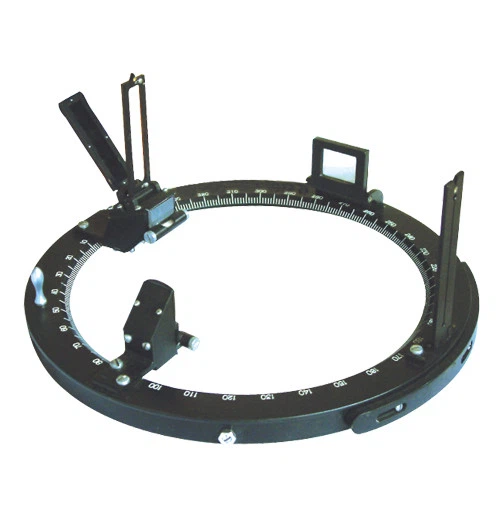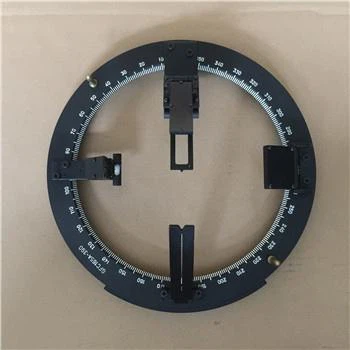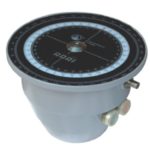Magnetic Compass
A magnetic compass is an essential navigation instrument used to determine direction relative to the Earth’s magnetic poles. It provides reliable heading information for vessels, ensuring accurate navigation even in the absence of electronic aids. Below are some frequently asked questions (FAQs) about magnetic compasses:
| Question | Answer |
|---|---|
| What is a magnetic compass? | A magnetic compass is a navigation tool that uses a magnetized needle or card to indicate the direction of magnetic north, providing a reference for determining vessel heading. |
| How does a magnetic compass work? | A magnetic compass aligns with the Earth’s magnetic field. The needle or card inside the compass points towards magnetic north, allowing mariners to determine their heading relative to magnetic poles. |
| Where is the magnetic compass typically installed on a vessel? | The magnetic compass is usually installed on the bridge or navigation area of the vessel, mounted in a location where it can provide a clear and unobstructed view for navigation. |
| What are the components of a magnetic compass? | Components include the compass card or needle, a housing or binnacle to protect it, and sometimes additional features like lighting for night use or dampening mechanisms for stability. |
| Can a magnetic compass be affected by external factors? | Yes, magnetic compasses can be influenced by magnetic deviations caused by nearby metallic objects, electromagnetic fields, and variations in the Earth’s magnetic field, requiring periodic adjustment (compass correction). |
| What is magnetic deviation? | Magnetic deviation refers to the error or difference between magnetic north indicated by the compass and true north. It can be caused by local magnetic influences and must be compensated for to ensure accurate navigation. |
| How accurate is a magnetic compass? | Modern magnetic compasses are designed to provide accurate heading information within a few degrees, making them reliable for general navigation purposes. |
| Are there different types of magnetic compasses? | Yes, variations include traditional magnetic compasses with a magnetized needle and more advanced gyroscopic compasses that use gyroscopes for stable heading reference. |
| Can a magnetic compass function without power? | Yes, magnetic compasses do not require external power sources and can operate independently, providing a reliable backup for electronic navigation System. |
| What are the advantages of using a magnetic compass? | Advantages include reliability in determining direction, independence from external power sources, simplicity of operation, and crucial backup capability in case of electronic navigation failures. |
Conclusion
A magnetic compass remains a fundamental tool for maritime navigation, offering reliable heading information essential for safe and efficient voyages. By its principles and periodic maintenance needs, mariners ensure accurate navigation under diverse environmental conditions.
